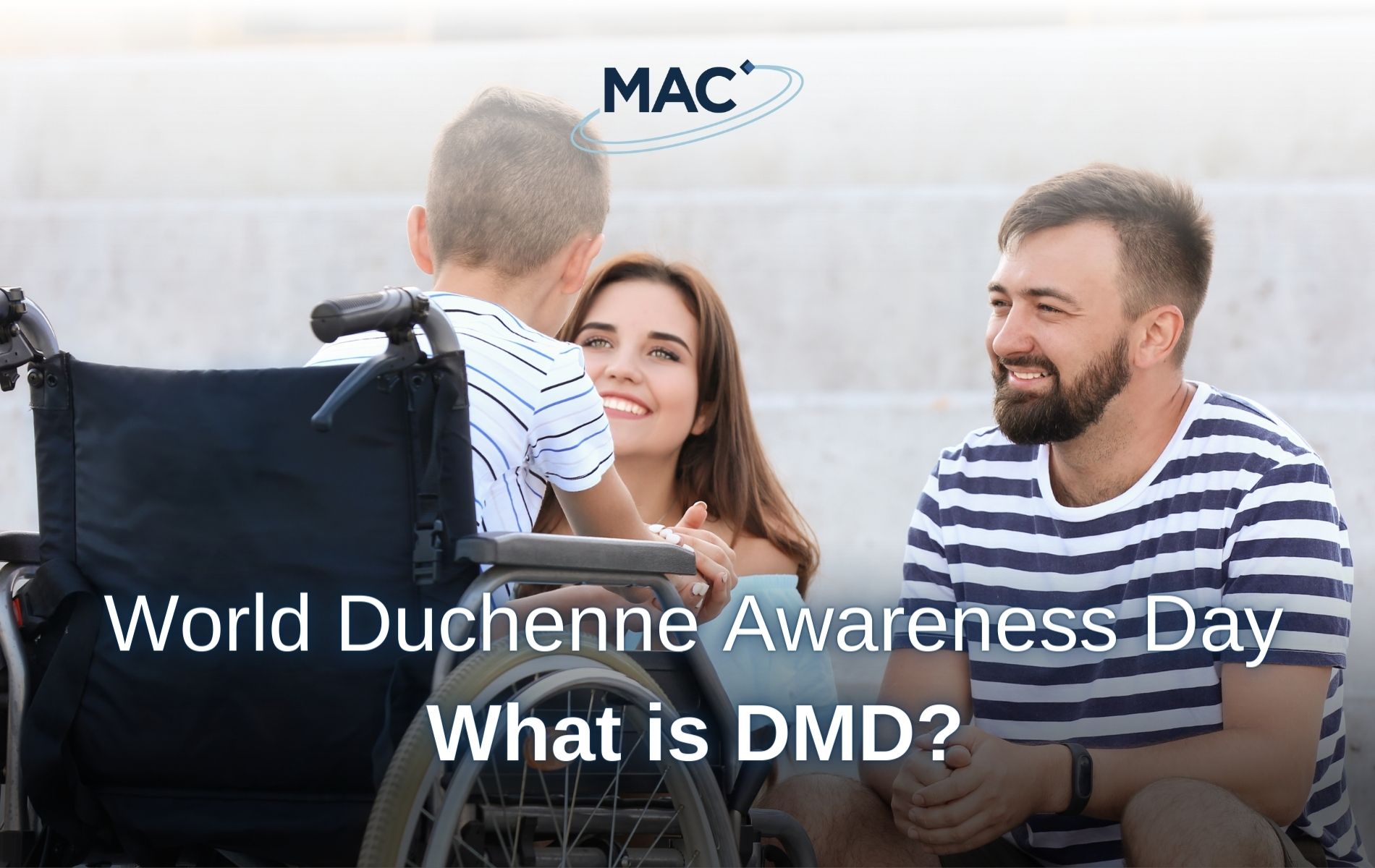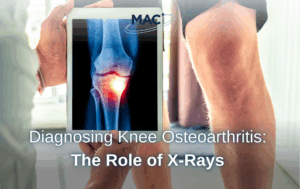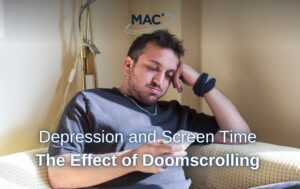Every year, on 7th September, the world comes together to observe World Duchenne Awareness Day. This significant day serves as a reminder of the challenges faced by individuals and families affected by this rare genetic disorder. It is a debilitating condition that primarily affects young boys, gradually robbing them of their ability to move, play, and live life to the fullest.
Duchenne Muscular Dystrophy (DMD) is a genetic disorder caused by mutations in the dystrophin gene located on the X chromosome. This critical gene is responsible for producing the protein dystrophin, which plays a crucial role in maintaining the structure and function of muscle fibres. In individuals with DMD, mutations in the dystrophin gene lead to the absence or severe deficiency of the dystrophin protein, resulting in progressive muscle degeneration and weakness.
DMD is usually diagnosed in early childhood, often around the ages of 3 to 5 years. Parents may notice delayed developmental milestones, difficulty walking, frequent falls, and muscle weakness in their child. Every year, around 100 boys in the UK are born with DMD1.
Over time, the condition worsens; around the age of 12, those living with the condition will very likely lose the ability to walk unaided and will have to use a wheelchair. By their late teens, most young people with Duchenne lose the ability to move their arms and experience more problems with breathing and with the heart2. It’s estimated that up to 50% of patients living with DMD pass away from heart failure3.
As breathing difficulties exacerbate when the muscles working the lungs are affected, individuals with DMD may require the assistance of ventilators. The use of ventilators is crucial in extending the life expectancy of those living with DMD; in the 1990s, the introduction of ventilators when sleeping was found to increase the life expectancy past 25 years old by 53%4.
As well as being full-time carers, families affected by DMD are often at the forefront of advocacy efforts, working tirelessly to increase public understanding, improve access to resources, and drive research initiatives. Their determined efforts have played a crucial role in pushing for regulatory approvals of new therapies and ensuring that individuals with DMD receive the best possible care.
While there is no cure for DMD, significant strides have been made in understanding the condition and developing potential treatments. Therapies such as corticosteroids have shown promise in slowing down muscle degeneration and delaying loss of function. Additionally, recent advancements in gene therapy and exon-skipping technology hold the potential for mitigating the genetic mutations responsible for DMD.
DMD Awareness Day serves as a platform to raise awareness about the challenges faced by individuals with DMD and their families. It emphasises the importance of early diagnosis, access to appropriate medical care, and supportive interventions. The day also highlights the need for increased funding for research aimed at finding effective treatments and ultimately a cure for DMD.
MAC Clinical Research is committed to improving the quality of life for those living with and affected by genetic conditions such as DMD. To be notified of any future clinical trial testing potential new treatments for DMD at MAC, visit our future clinical trials webpage.
Our clinics are fully accessible, and we can offer reasonable travel expenses or arrange travel for visits to our clinics. Depending on the clinical trial, accommodation may also be arranged.
1 Muscular Dystrophy UK – Overview
2 Duchenne UK – Duchenne muscular dystrophy in detail
3 National Library of Medicine – Cardiac assessment of patients with late stage Duchenne muscular dystrophy
4 Muscular Dystrophy UK – Making breathing easier






